Table of Contents
A case-study of COVIDiSTRESS project and Icare Sustainably’s contribution
This article is written by Amaani Jinadasa, Carolyne Nyarangi, Rianne Doller from Icare Sustainably International together with Sara Vestergren, lead researcher of the COVIDiSTRESS project.
Icare publishes regular articles on COVID-19 and how we can limit long-term negative impacts of the pandemic on development. Find other articles on the topic here.
1. Introduction: What is the COVIDiSTRESS research project?
COVIDiSTRESS is a collaborative research project that incorporates researchers from all over the world with the aim of
“Exploring and mapping the various things that have affected people’s wellbeing, experiences, and behaviours during the global COVID-19 pandemic”.
This was first initiated by Dr. Andreas Lieberoth from Aarhus University in Denmark which grew into a big consortium of organizations from around the world. Currently, data collection of the second round is going on until 8th of August 2021. Fill in the survey here.
The title of the second round is: COVIDiSTRESS- Ⅱ – living a year with the COVID-19 pandemic, and is an extension of the first project (COVIDiSTRESS, global survey, n.d). The second round is led by Dr. Sara Vestergren. University of Salford, UK, and focuses on personal experiences of living with the pandemic. The survey is translated into 47 languages, and disseminated by collaborators across the globe.
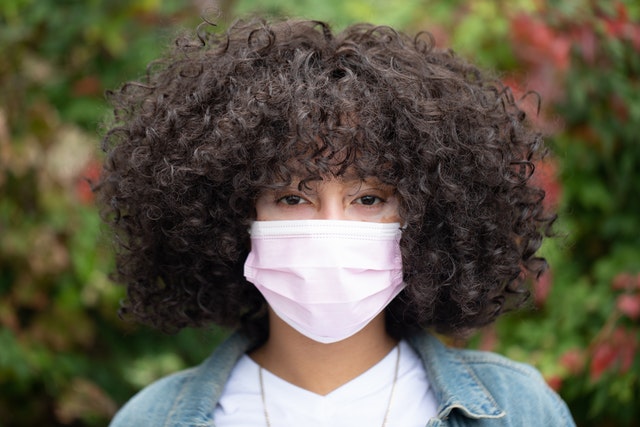
2. How global research projects contribute to reaching the SDGs
One of the key SDGs is number 17, partnerships to achieve the goals. This specific SDG is added to the list to emphasize the importance of collaborations and partnerships to reach the SDGs. One reason for that is to have an equitable distribution of responsibilities, where countries with more means contribute to those with less (Alan Pierce, 2018).
There are several reasons why partnerships are crucial, among them global macroeconomic stability and the sharing of knowledge, money, and access to technologies for development (Eurostat, 2021). Some countries or regions have more resources for development and overcome stressors than other countries and regions. This has become even more clear during the pandemic. It will become apparent in the coming years that partnerships and sharing resources will be as vital to deal with the consequences of the pandemic as they are to reach the SDGs by 2030. COVID-19 has made the challenge of reaching the SDGs by 2030 harder. It has already been clear that COVID-19 has put progress on the 17 goals back with centuries, hitting the poorest and most marginalized people most (Min & Perucci, 2020). Research on the exact consequences of the pandemic on development is still ongoing. The COVIDiSTRESS’ research is one of the many initiatives.
Therefore, to keep with the motto of the SDGs to ‘leave no-one behind’, partnership are vital to ensure equitable development for all regions and people in the world, prior, during and post the COVID-19 pandemic. But what is necessary to have successful partnerships?
2.1 Challenges to organize global partnerships
The main challenges in organizing projects like the COVIDiSTRESS is logistical challenges to convene and plan large-scale collaborative projects. Also, it needs time to get to know and to familiarize yourself, with cultural differences in working and time zones, language barriers, different access to technology, and working cultures. So a global project might require more time in the planning phase to ensure a structured workflow.
COVIDiSTRESS has managed to navigate those challenges, which is shown in the number of articles, studies, and publications based on the COVIDiSTRESS-2020 study (find a list of the articles here). Along with the great numbers of current collaborators in the COVIDiSTRESS-II project, which currently stands at 145+ from all over the world.
The open-access database of the 2020 study and of the ongoing study will be a major source for researchers and global policymakers alike to have a more informed approach to pandemic-related policies. Hopefully, this will motivate people-centric solutions to respond and recover from the pandemic. Additionally, solutions have the ability to be grounded on real-life local experiences on the pandemic because of the database of knowledge created through the study.
COVIDiSTRESS-Ⅱ brings together great global scientific minds who focus on analysing the database gained through the survey with the background of their own respective expertise. Some topics are:
-
Understanding people’s reactionary behaviours
-
Internal survival mechanisms to the global pandemic
-
How primary and secondary psychological stressors contribute to the vaccine resistance or acceptance of individuals
-
The general attitude towards bodies like WHO and the various government institutions.
3. How did participants of COVIDiSTRESS view the collaboration?
A project’s success depends on the people involved in it. How did participants of the COVIDiSTRESS experience the collaboration? And what can we learn from that for global partnerships to accelerate the SDGs? In this chapter we both give an overview of Icare’s contribution and that of other global participants.
We gained the view of participants through a survey conducted by Icare.
3.1 Input of Icare Sustainably International to COVIDiSTRESS
Icare sustainably international contributed greatly in several components of the project, such as:
- Translations of the survey into five languages namely, Swahili, French, Sinhala, Dutch, and Tamil with eight of its members coming from different countries
- Dissemination of the survey in many countries
- Creation of the website (www.covidistress.com)
- Input on writing the reports
Icare Sustainably is a global organization with a network in 12 countries that organizes localized initiatives. We also focus on connecting research with local communities to ensure that science-backed solutions are applied effectively where the marginalized people are. Therefore, it made sense to involve Icare with COVIDiSTRESS with as many participants as we could. Participating in a global collaborative scientific project was an amazing experience for us that led to exploring more ways of connecting research to the local communities.
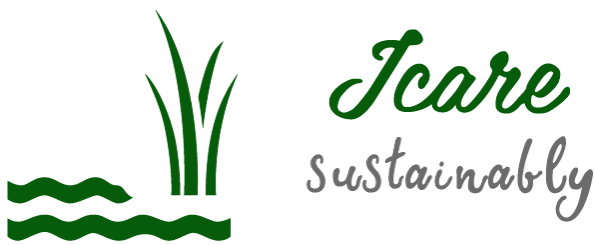

This is Dr. Sara Vestergren, lead researcher of COVIDiSTRESS, her remarks about Icare’s contribution:
For the COVIDiSTRESSII project, the Icare Sustainaby Network was crucial in getting access to several areas of the world that otherwise would be difficult to reach. Even though there is a lot of work behind leading a large-scale international project, the rewards greatly outweigh any negativity. Getting the chance to work with such a diverse team of collaborators, from various disciplines with various experiences, has been amazing. The advantage of being such a large team, and having already established organizations such as the Icare Sustainability Network, is that there is always someone willing and able to help when needed. For example, we wanted to set up a webpage for the project, and Rianne from Icare immediately stepped up and quickly helped. I think that the COVIDiSTRESS collaboration, and the involvement from Icare Sustainability Network, has really shown how we can collaborate across all borders including colleagues who do not often get a chance to work in international, or large projects.
3.1. Quotes on being part of global research project COVIDiSTRESS from participants
We got some narration of the experiences from some Icare team members and other team members of the larger consortium through a short survey conducted by Icare. The aim of the survey was to understand how we can turn the COVIDiSTRESS experiences into lessons for future projects to organize partnerships even more effectively.
Below are quotes from the participants in the project describing their experiences participating in COVIDiSTRESS.
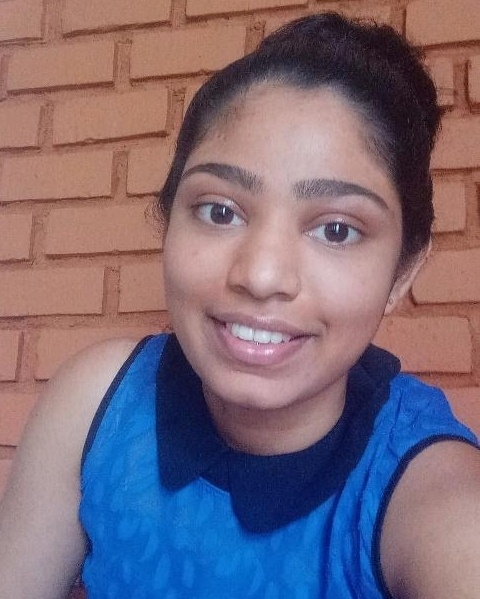
I got to know about the COVIDiSTRESS through Carolyn. My team and I participated in Sinhala translations. I was able to contact a few other friends to set up a Tamil translation team as well. It was a bit hectic managing two teams with the final project of my degree going on. Even though our team finished the translations on time, we had to make changes to the survey twice before confirming Sara everything is good to go.
-Amaani Jinadasa (Trainee Icare), Sri Lanka
Carolyne Nyarangi (President Icare), Kenya:
The experience was awesome. It was a great learning process, especially when I had to listen to seasoned scientists and get an opportunity to glimpse how they do their work and brainstorm ideas. Being the team coordinator of the various Icare’s translation teams had an exciting experience, I realized that collaboration is one of the greatest phenomena brought about by globalization, and technology has opened up the world to a global village which can be a great concept to getting things done. If we could use the same concept to establish sustainability projects at the grassroots level, then the dream of a sustainable world will be achieved in a much quicker way, and we will achieve the SDGs much quicker than anticipated. Working with Sara was also an amazing experience, watching her lead the various teams globally to work on the big project was amazing. Leadership is not an easy task, but Sara made the whole project look easy and simple with lots of graceful coordinative strength. And finally, I was also able to learn through the various group’s dynamics and learning from the challenges of working with different people from diverse backgrounds, like for example we had a team member who didn’t know how to use the spreadsheet, and it happened that we overlooked that aspect which cost us a lot, we had almost half of the content of the translations disappear, and we had no idea how to bring it back. Brainstorming with the team on how to go about it was a great learning experience, and one of the team members was, fortunately, a student of computer engineering, and we were able to soldier on past the challenge.
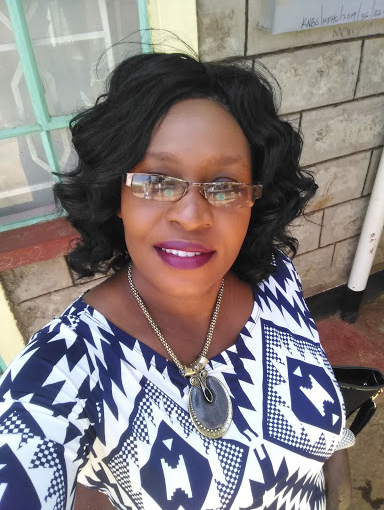
My skills are developed.
-Harishanth Samual (Icare), Sri Lanka
It was a fabulous experience.
-Contributor from Sri Lanka
I learned patience and how to never give up.
-Shanthakumar Saberjah (Icare), Sri Lanka
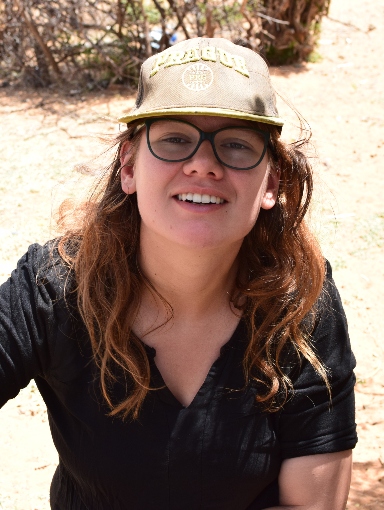
It is interesting to work with people with such different backgrounds. It really helps to think beyond your own experience level and to push emphathy and understanding for yet-unfamiliar people and cultures.
I created the website of covidistress.com. It was good to contribute to gain experience. I’ve learned a lot about how to combine research and everyday life experiences.
-Rianne Doller (Vice President Icare), the Netherlands
I’m excited to be part of such a large-scale project. Although I enjoyed the translation process, I think the Latin American group may have overcomplicated (we went back and forth several times and the result wasn’t great, since we had to make some corrections of our own). So maybe it would have been better to have a bit more guidance on that.
-Contributor from Guatemala
Being part of something bigger – an amazing feeling.
-Marta Kowal, Poland
It has been a good experience, especially since Sara has coordinated it really well. It must be difficult to have a good overview of so many countries, but she has managed really well. Such excellent coordination is important in such a large project.
-Contributor from Norway
Working on this large-scale project has broadened my skill-set as a researcher by allowing me to contribute in my areas of expertise while learning from those who have expertise in other areas. In addition to being part of influential research, it has been fun to connect with colleagues internationally. Most importantly, we are generating a rich open-source dataset, which increases the research transparency and the potential impact of this project.
COVIDiSTRESS is an excellent model of inclusive collaboration, as we have recruited researchers from diverse backgrounds globally. Giving each researcher the flexibility to join teams within their area(s) of expertise allows for efficient collaboration and a sense of project ownership that promotes productivity. In addition to the role of the Consortium, institutions can promote these types of collaborations by giving credit for work done on large teams of this nature. One well designed dataset with 173,000+ responses is more valuable than 1000 datasets with 173 participants each. To efficiently obtain data of this caliber, a large team of researchers is needed, with each member making significant contributions that should result in appropriate credit at home institutions.
-Angelique M. Blackburn, the United States
4. Conclusion: tips from COVIDiSTRESS to achieve SDG17, global partnerships
COVIDiSTRESS project is now in the data collection phase. The survey is open for people from around the world to share their experiences amid Covid-19, helping researchers design future crisis management plans with more consideration to people’s psychological needs. The survey is open until the 8th of August and can be found here. Though the participants do not feel they are having a direct return investing their time in the survey, their contribution is immensely valuable for the future.
Mousavi et all. identifies many stressful events for people during the Covid-19 pandemic in their study (Mousavi, et al., 2020). Every person living through the pandemic has suffered from at least one of these stressful events listed under the categories. The future world will be utterly grateful if we develop proper strategies using the data collected from the COVIDiSTRESS project to address pandemics and other global disasters in a much more mental-health-friendly manner.
COVIDiSTRESS is a collaborative project of many individuals from around the world. The management method used in this project can be utilized to handle SDG projects of the same scale successfully. COVIDiSTRESS laid the foundation for globally inclusive projects. We can use the suggestions and ideas of the collaborators on this project to make future projects even more inclusive and effective. And hopefully, we will have increasingly better tools, knowledge, and mechanisms to use the resources we get through global collaborations in an efficient and effective manner. One thing is clear: global partnerships are vital to reach the SDGs by 2030.
To conclude this article, we have summarized the recommendations from the participants:
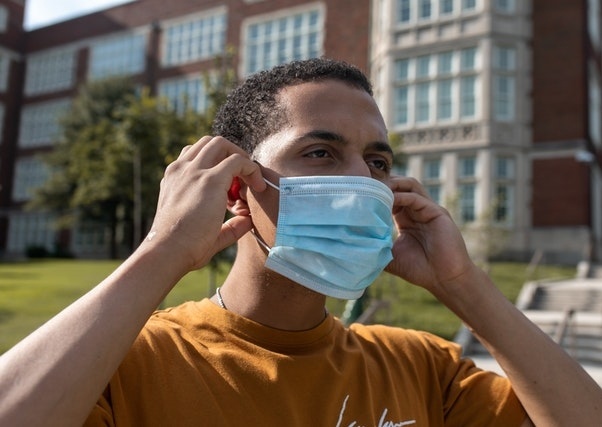
-
- Part of the planning process should be scoping the means and capacities of everyone you want to be involved with the projects. And to make a deliberate strategy to involve everyone. This can be from background experience or knowledge, to access to technology and internet data.
- Create more initiatives like COVIDiSTRESS and spread the news about it
- Because of overlap in languages with national or regional differences some translation teams overcomplicated the process. This resulted to results that could have been better. A bit more guidance on that next time is needed.
- Actively recruit talented early-career researchers from countries that are often not well represented. This will give them the opportunity to participate in a big project and will also increase the reach of the project
- Encourage participating researchers to share with their friends, as Sara has already done so well
- Recognize the importance and potential of generating huge open-source datasets, such as created by COVIDiSTRESS. With global cooperation it is possible to have one dataset with 173.000+ responses instead of 1000 datasets with 173 responses. The potential of global cooperation in that sense is enourmous.
References
1: https://covidistress.com
2. Mousavi, et al., (2020)
3. Eurostat, (2021): Eurostat. SDG17- Partnerships for the goals (https://ec.europa.eu/eurostat/statistics-explained/index.php?title=SDG_17_-_Partnerships_for_the_goals) Accessed on 08-07-2021
4. Alan Pierce, (2018) Sopact. Why SDG17 is the most important UN SDG. (https://www.sopact.com/perspectives/sdg17-most-important-sdg) Accessed on 08-07-2021
5. Yongyi Min & Francesca Perucci (2020) United Nations Department of Economic and Social Affairs (https://www.un.org/development/desa/dpad/publication/un-desa-policy-brief-81-impact-of-covid-19-on-sdg-progress-a-statistical-perspective/) Accessed on 08-07-2021
Images:
1.https://nappy.co/
